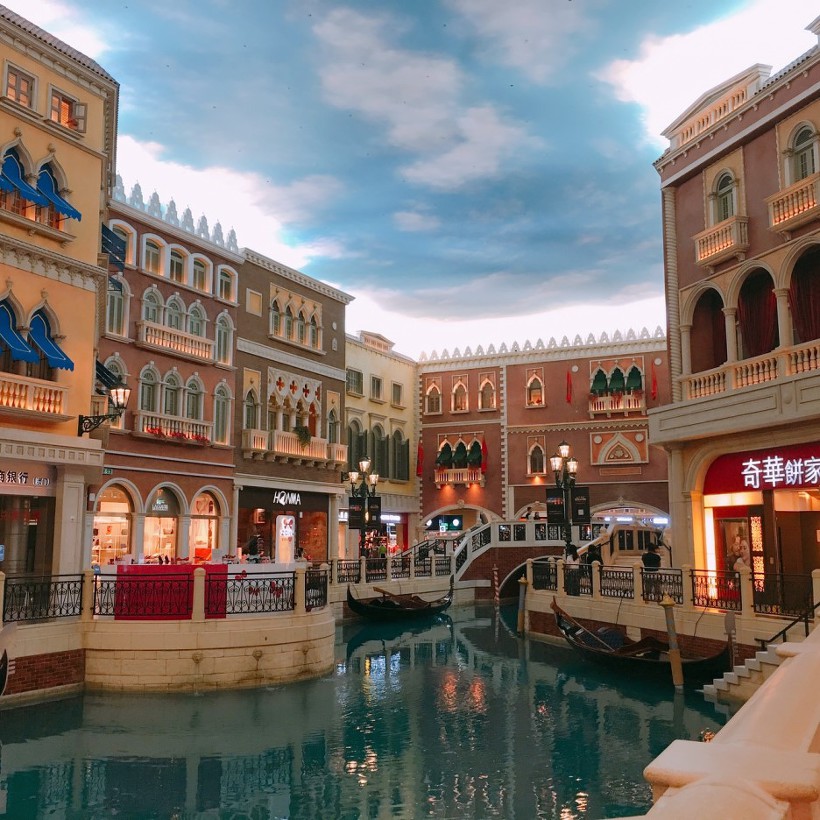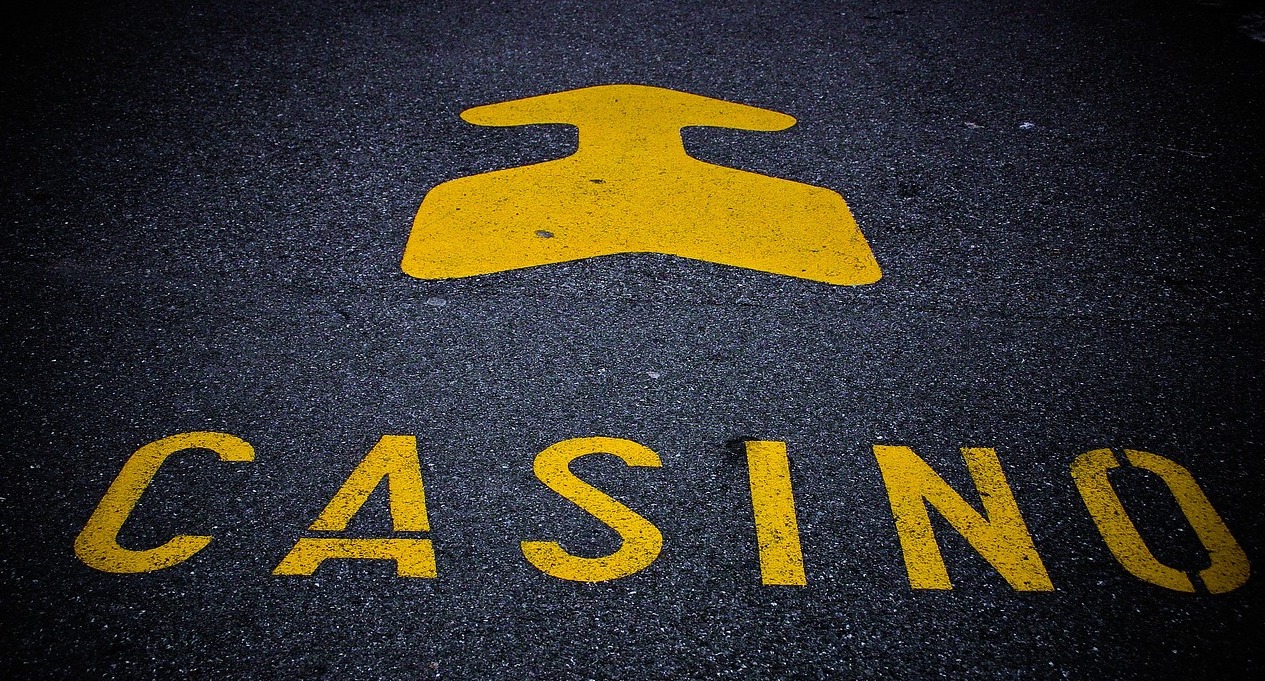바카라사이트 최고의 선택, 카지노친구
바카라사이트를 찾고 있다면, 당신에게 카지노친구를 소개합니다. 카지노친구는 신뢰할 수 있는 바카라사이트 중 하나로, 안전하고 즐거운 게임 환경을 제공합니다. 카지노친구의 장점 카지노친구는 다양한 바카라게임을 제공하며, 고품질의 서비스로 유저들에게 만족을 드립니다. 또한 빠른 입출금 바카라사이트 추천 시스템과 친절한 고객지원팀을 갖추고 있어, 언제든지 편리하고 안전하게 이용할 수 있습니다. 자주 묻는 질문 (FAQ) Q:...





























